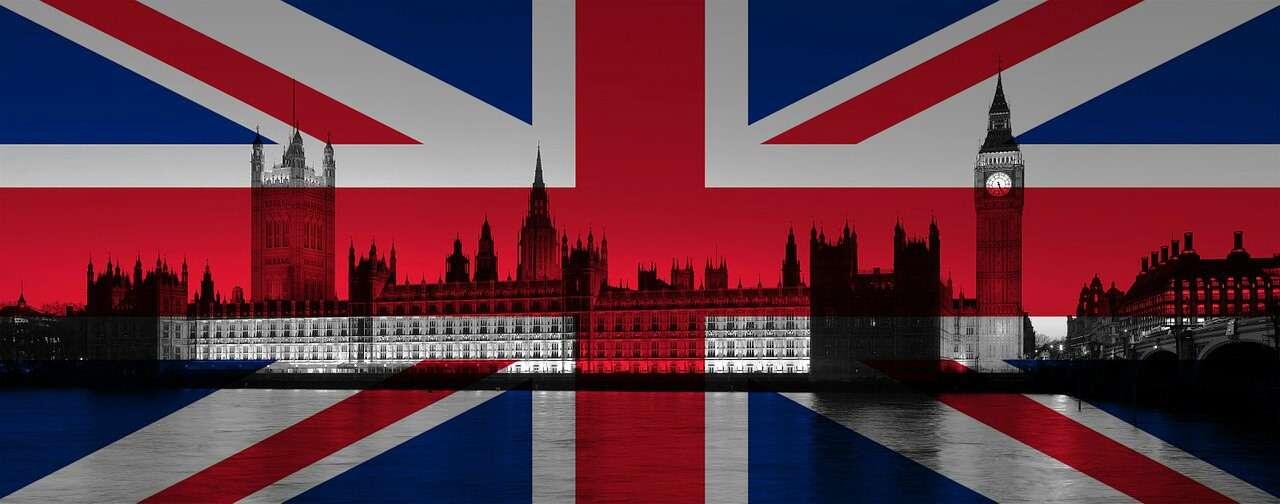Kryptix on Nostr: ...

In the UK, many political observers argue that both Labour and the Conservative Party have drifted toward authoritarian and technocratic policies, making them appear increasingly aligned in their governance approaches. This perception of a "uniparty" structure is reinforced by policies that target protest rights, restrict civil liberties, and impose stricter controls on public expression—moves seen as threats to traditional democratic freedoms.
Labour, once a champion of civil liberties, has shifted in recent years under Keir Starmer’s leadership to support more conservative, authoritarian stances on issues like national security and law enforcement. This is seen in Starmer’s endorsement of legislation that restricts protest rights and imposes harsher penalties on activists, aligning Labour with the Conservatives on matters of public order. For example, the Police, Crime, Sentencing, and Courts Act, introduced by the Tories, restricts protests that are deemed “noisy” or disruptive, even if peaceful. Labour’s limited opposition to such measures signals a shift in political priorities, where maintaining control over public dissent and minimizing disruptions is now bipartisan. This has been a marked change from Labour’s historical advocacy for protest rights and civil liberties, signaling a move toward a more authoritarian governance style shared across major parties.

Moreover, Labour’s approach to international forums like the World Economic Forum reflects alignment with global technocratic trends, emphasizing efficiency and top-down policy rather than broad-based public participation. This adherence to international frameworks often translates into policies that align with Conservative stances, further diluting the ideological distinctions between the two. Critics from across the political spectrum see this convergence as undermining true democratic choice, as both parties increasingly cater to a narrow, centralized governance model that restricts grassroots influence.
These developments mirror trends in other Western democracies, where surveillance, policing, and protest restrictions are on the rise. Observers argue that the trend toward "totalitarianism-lite" in the UK is part of a broader Western pattern, where governments prioritize control and stability over pluralism and public input. This governance style appeals to elites who benefit from stability and predictability but often comes at the expense of grassroots democracy and civil liberties, pushing societies toward more managed and less participatory forms of democracy.
Sources:
- UnHerd explores the ideological similarities between the two parties as part of a "uniparty" framework where both Labour and the Conservatives support technocratic policies and global alignment.
- New Internationalist and The London Economic highlight recent UK policies as part of a wider authoritarian drift, focusing on restrictions on protest rights and the increased criminalization of dissent.
#freespeech #history #authoritarianism #bitcoin #nostr #anarchyⒶ

